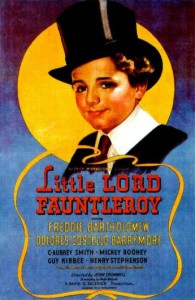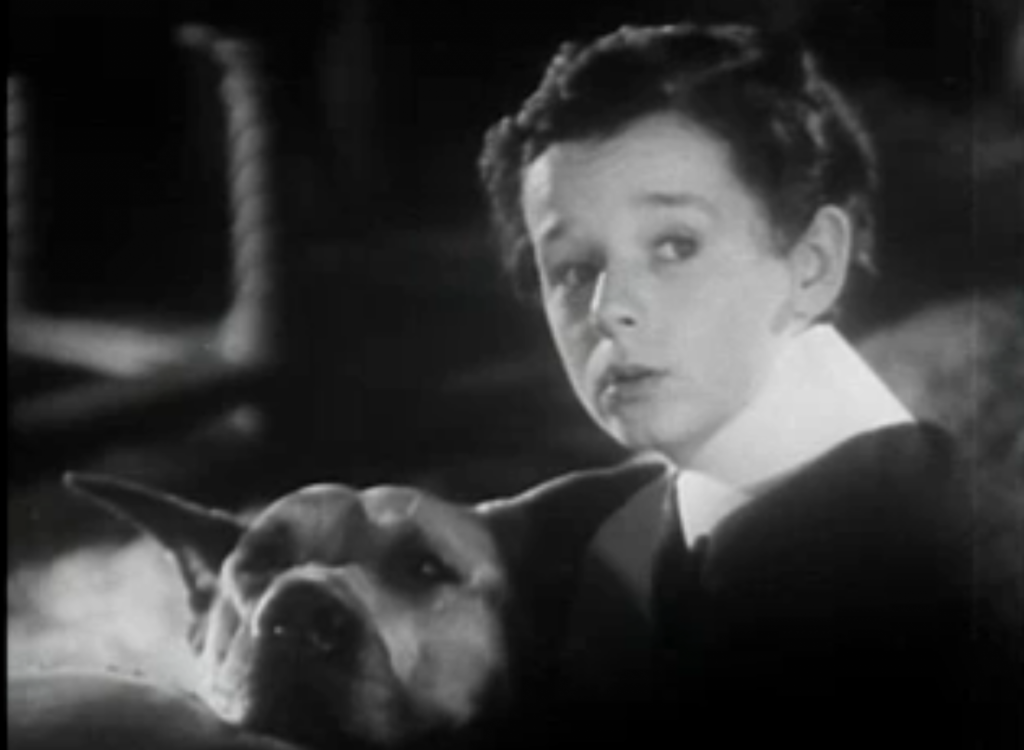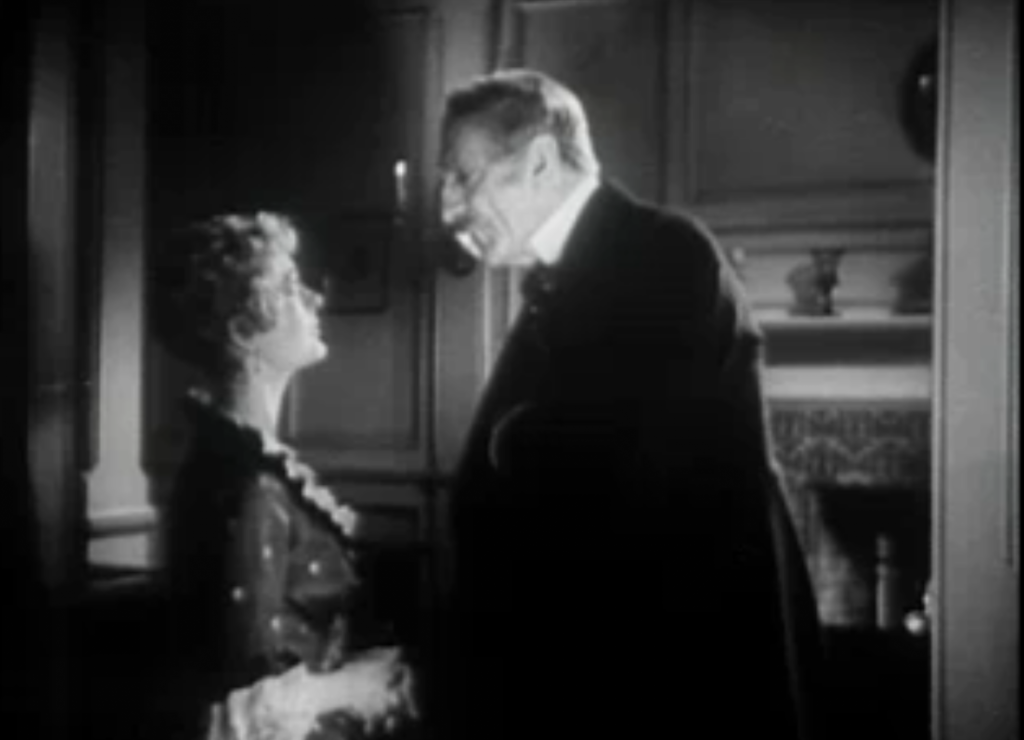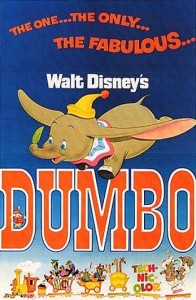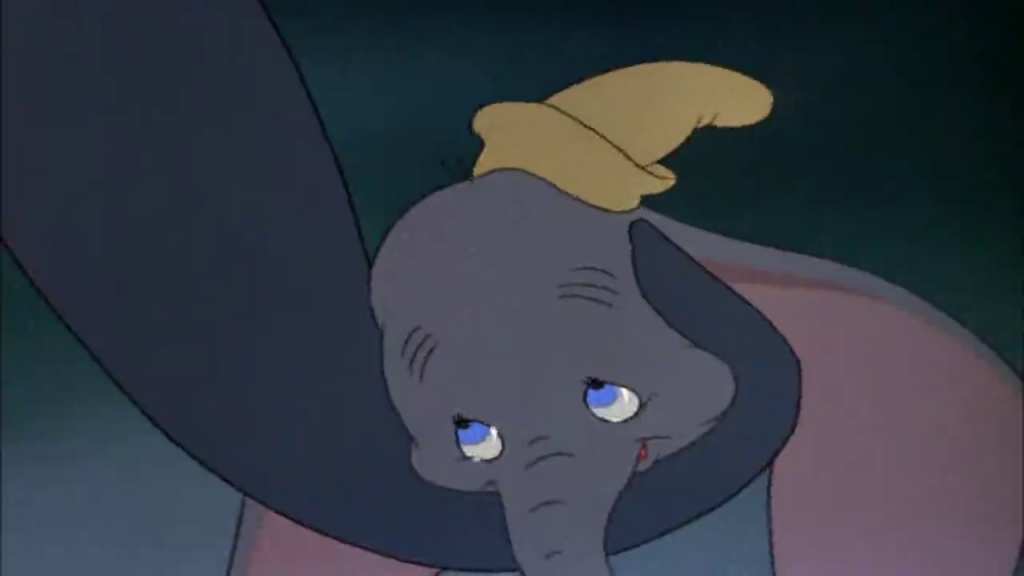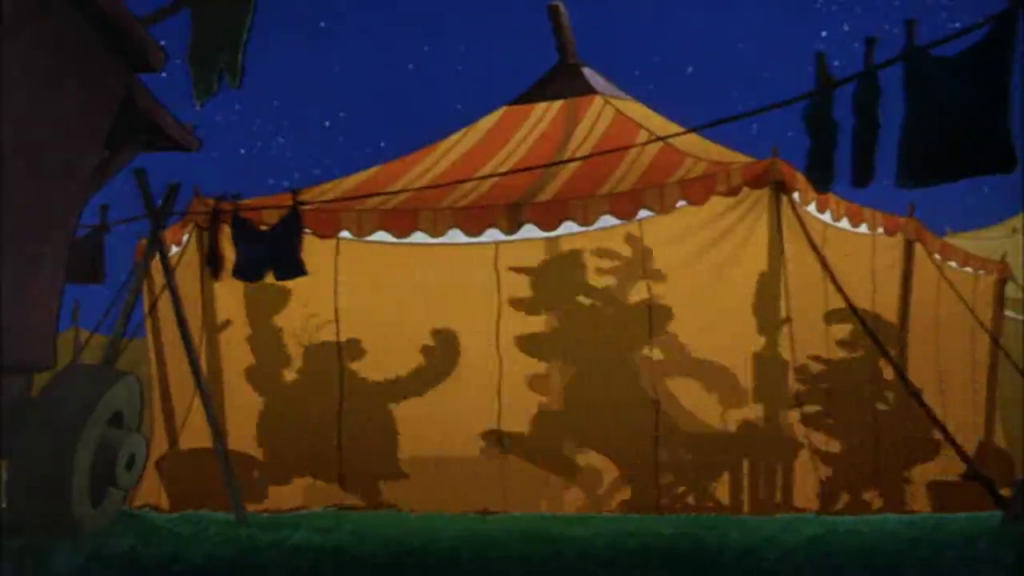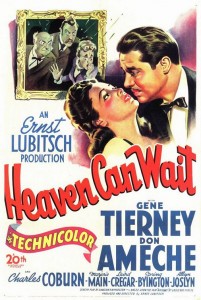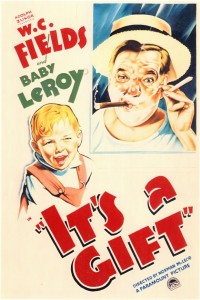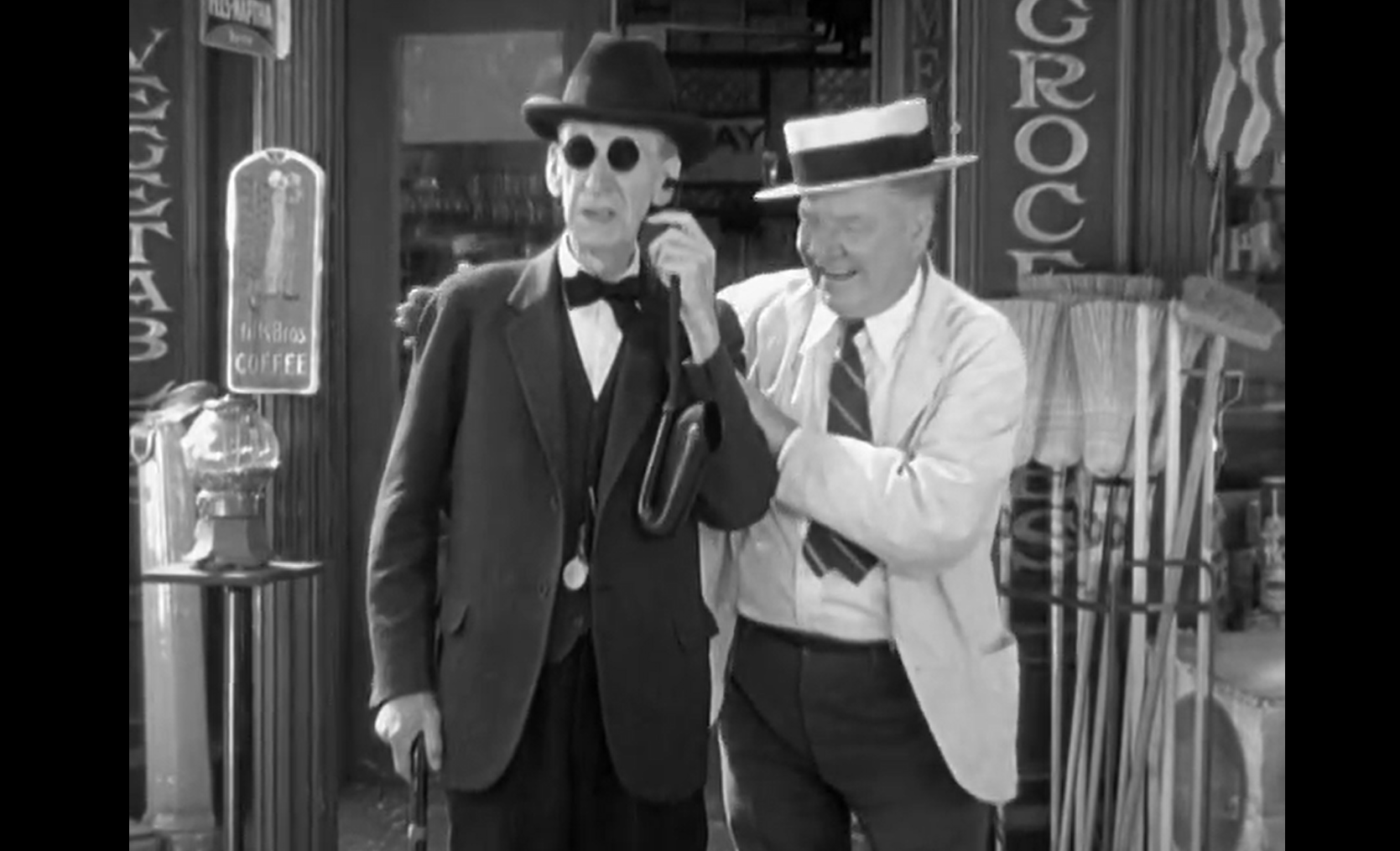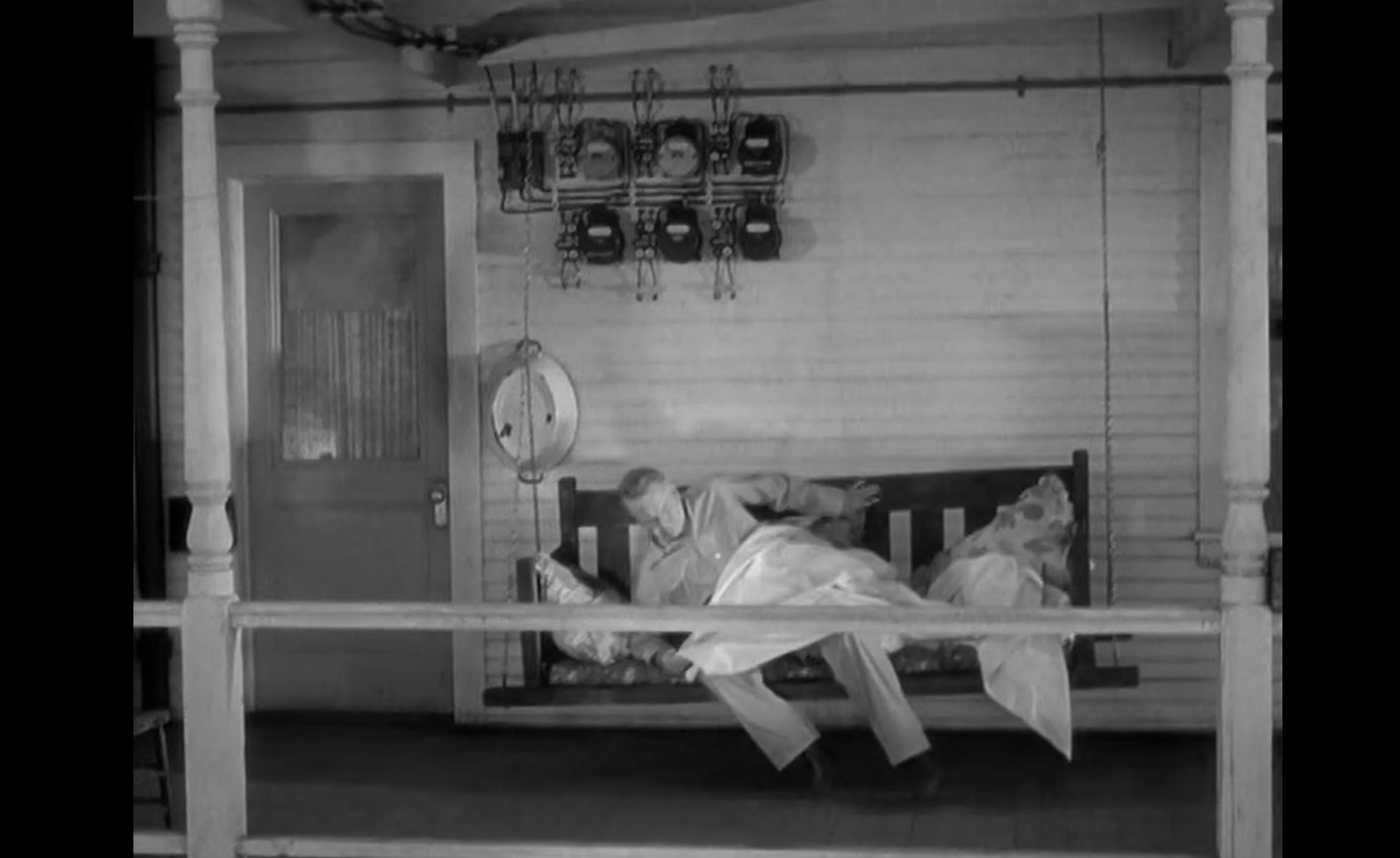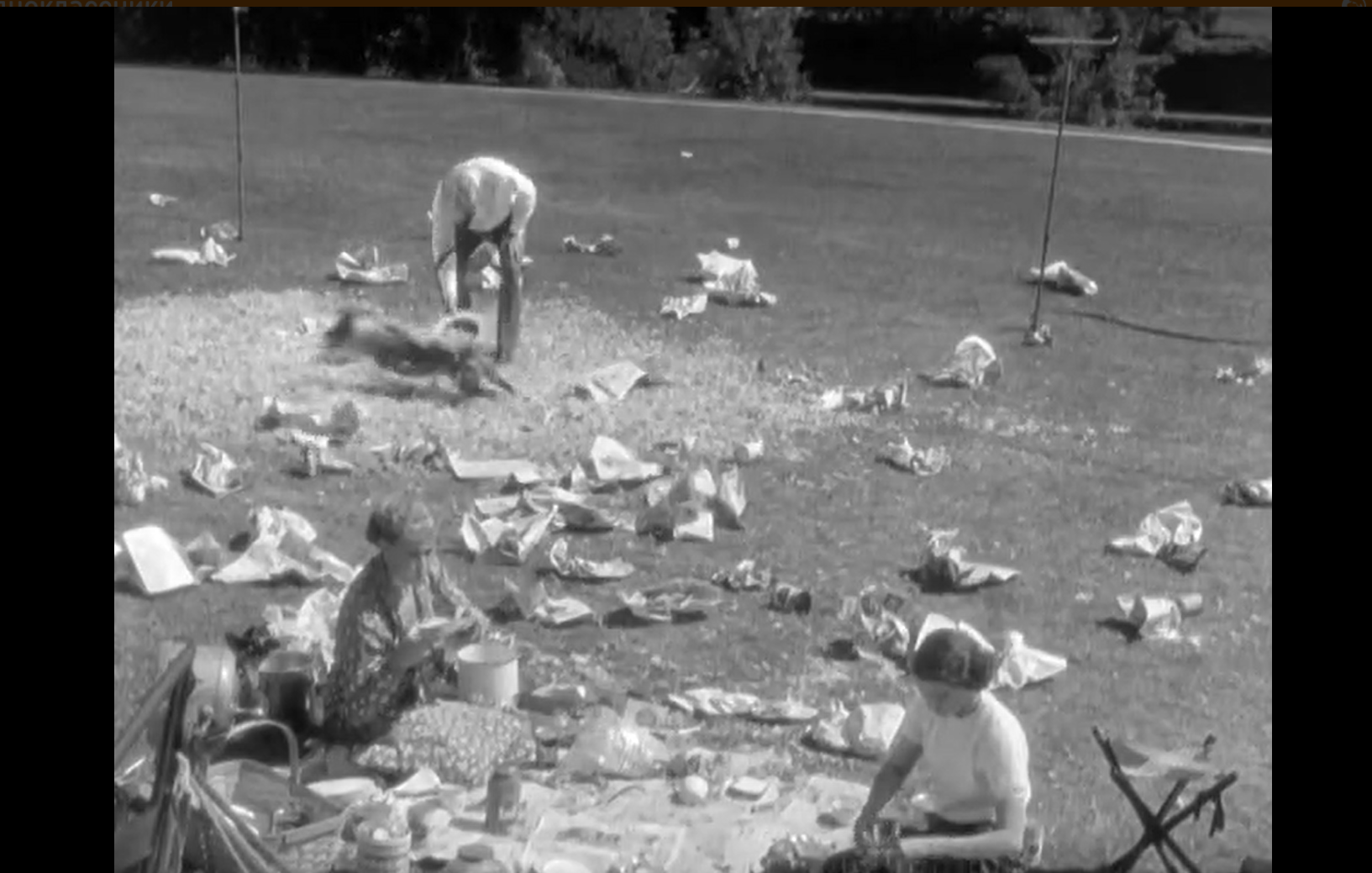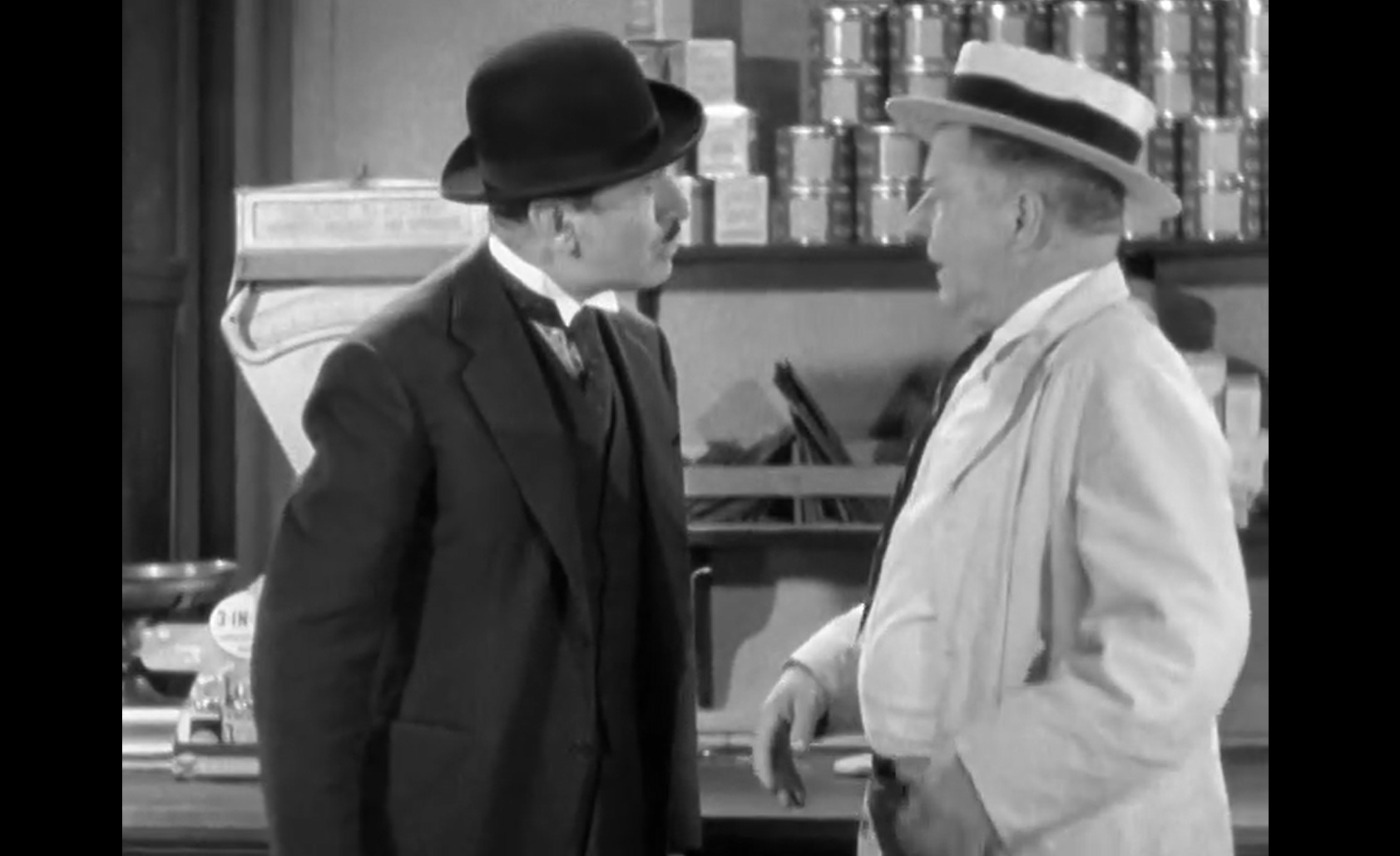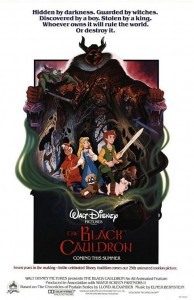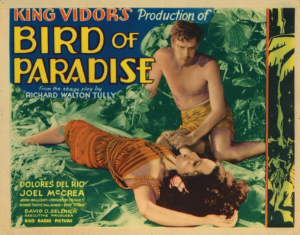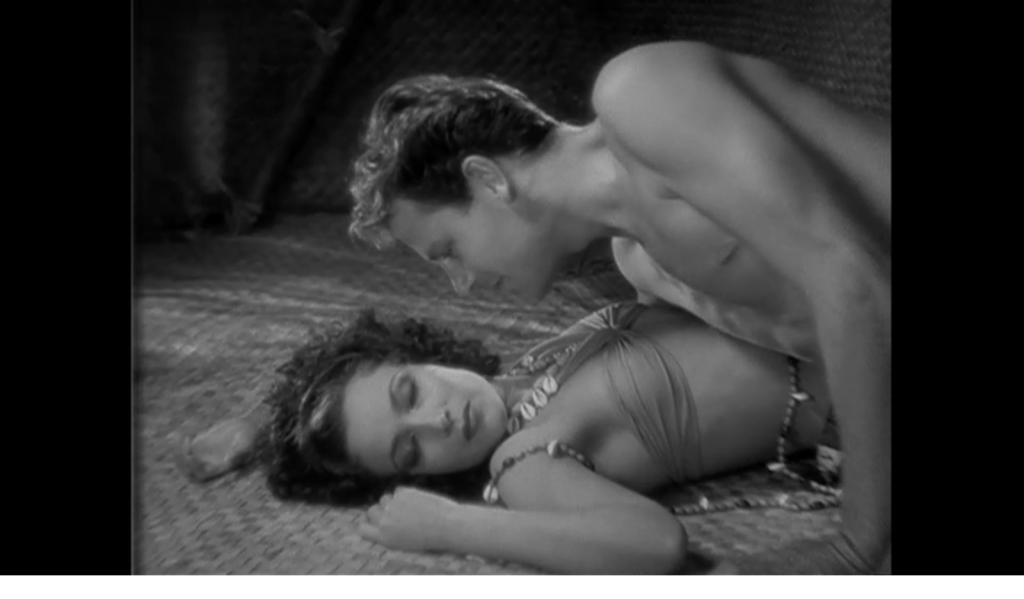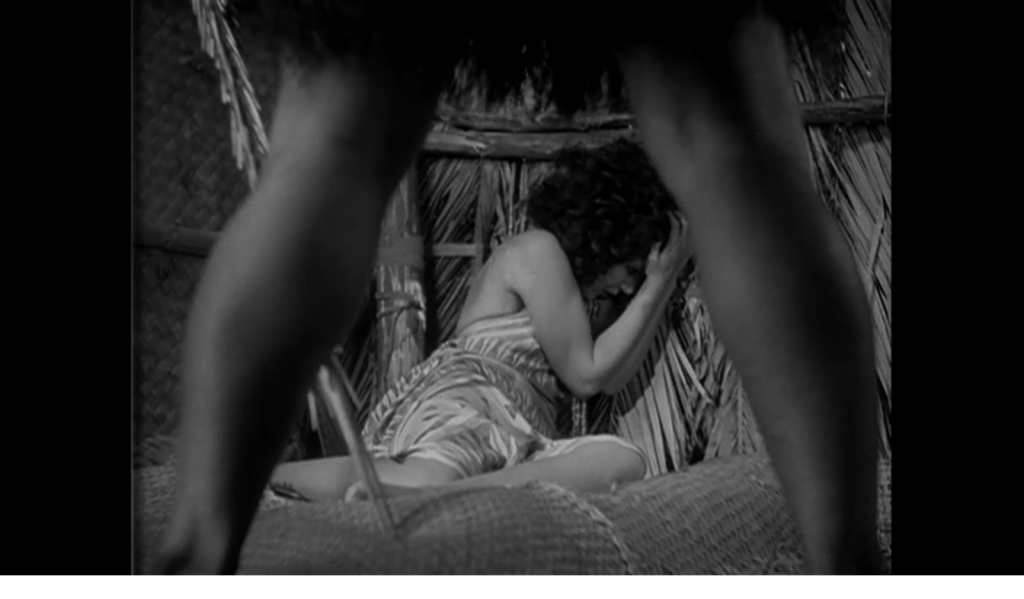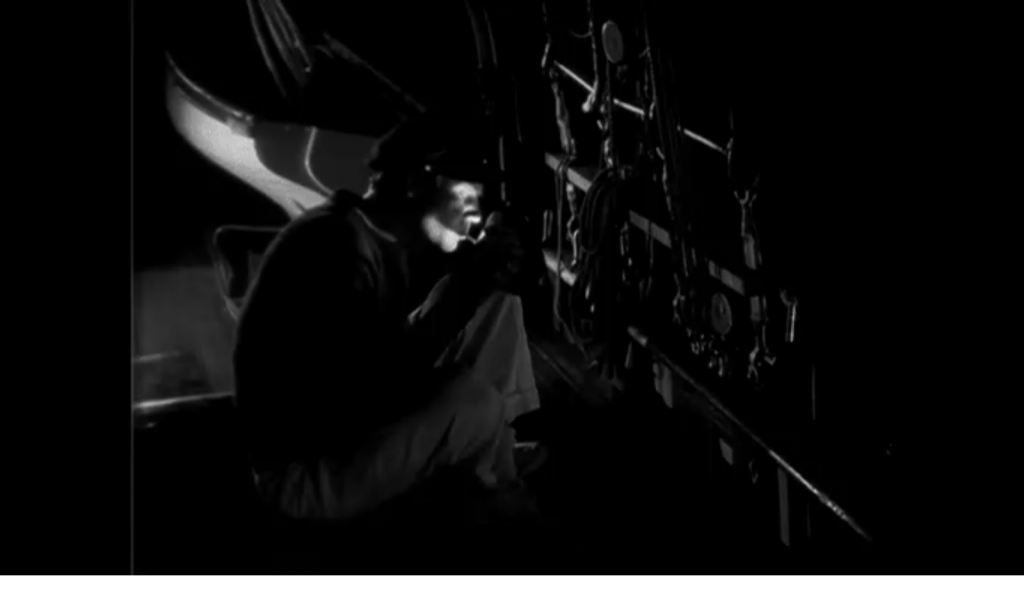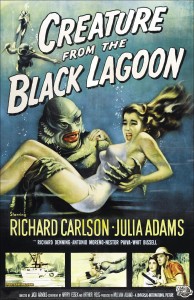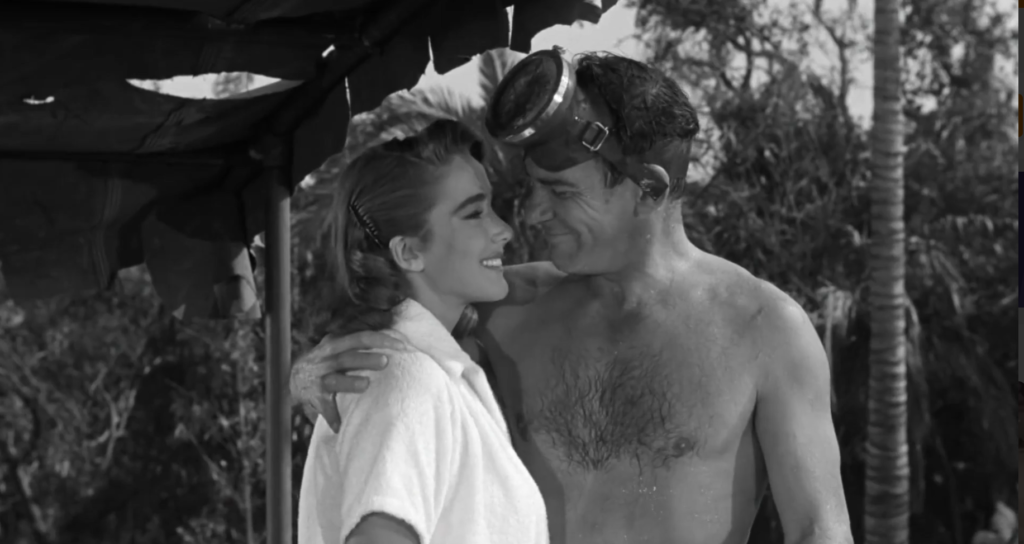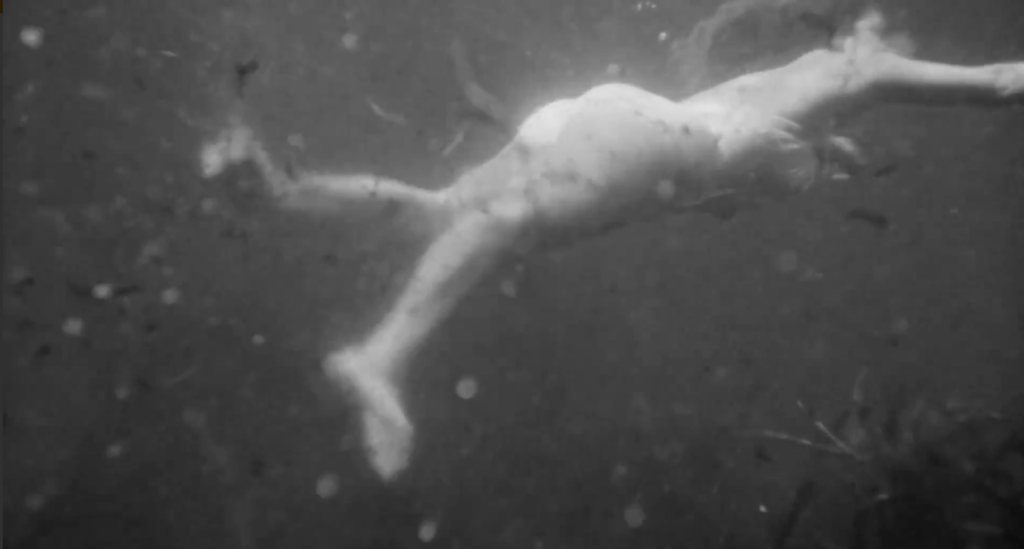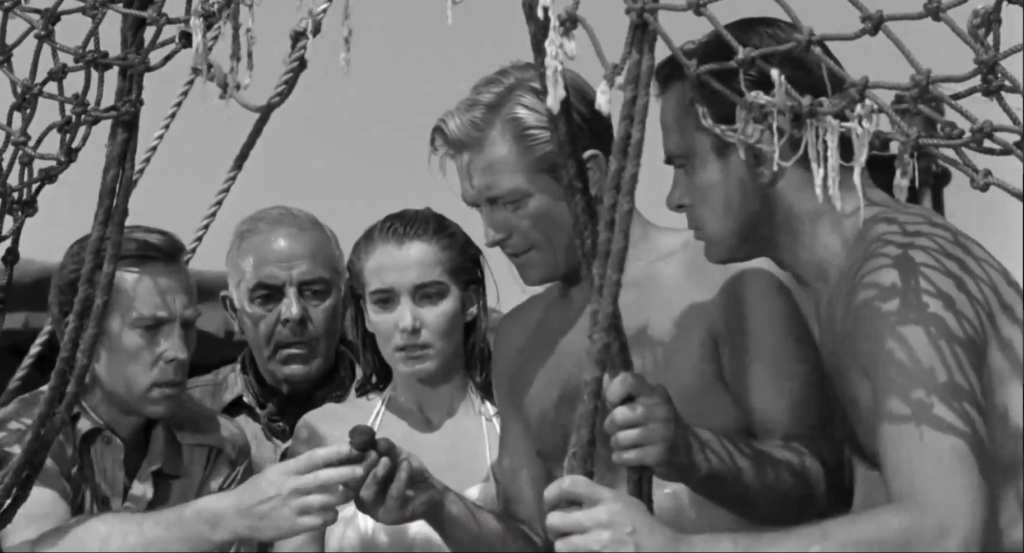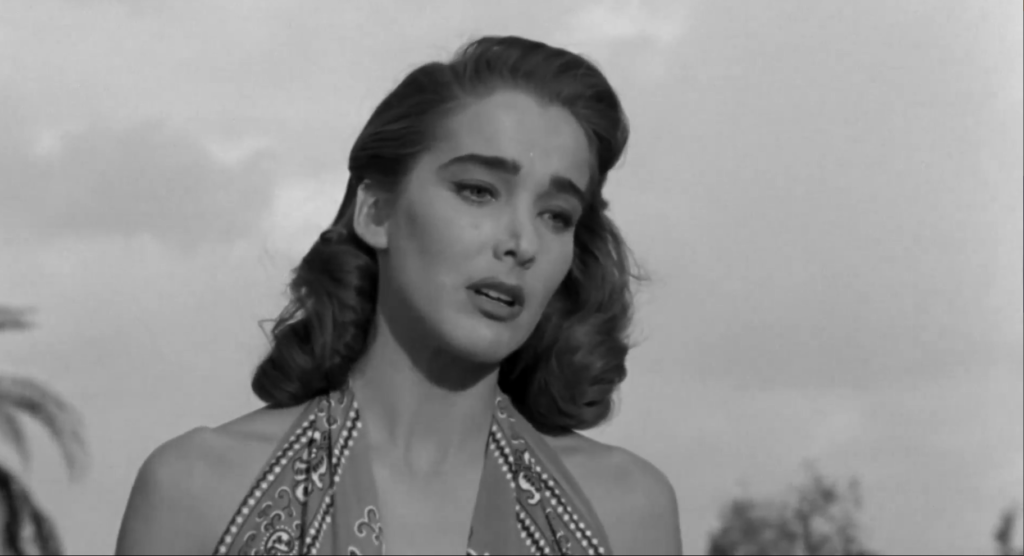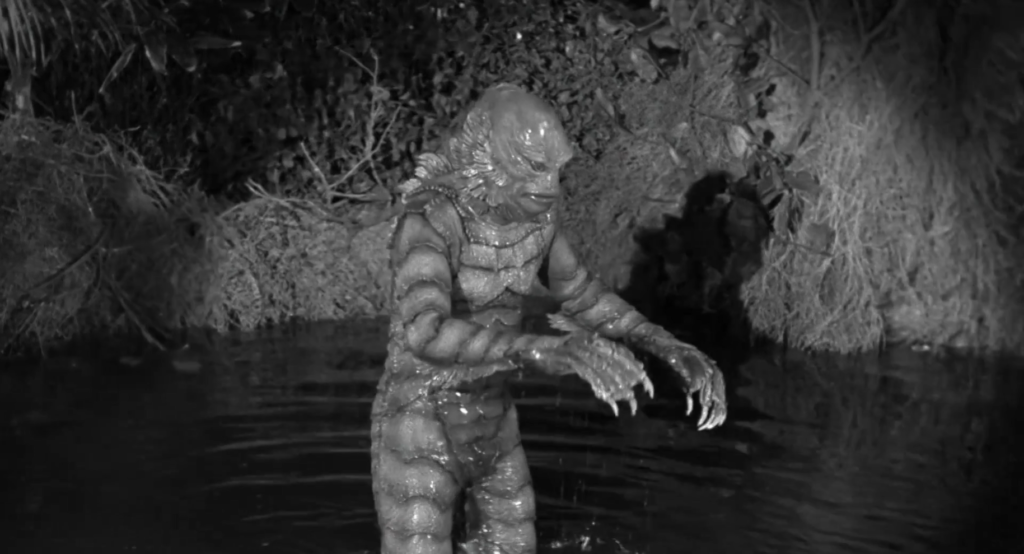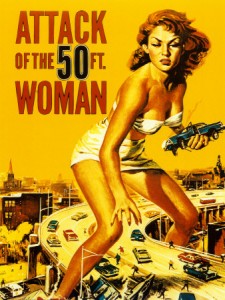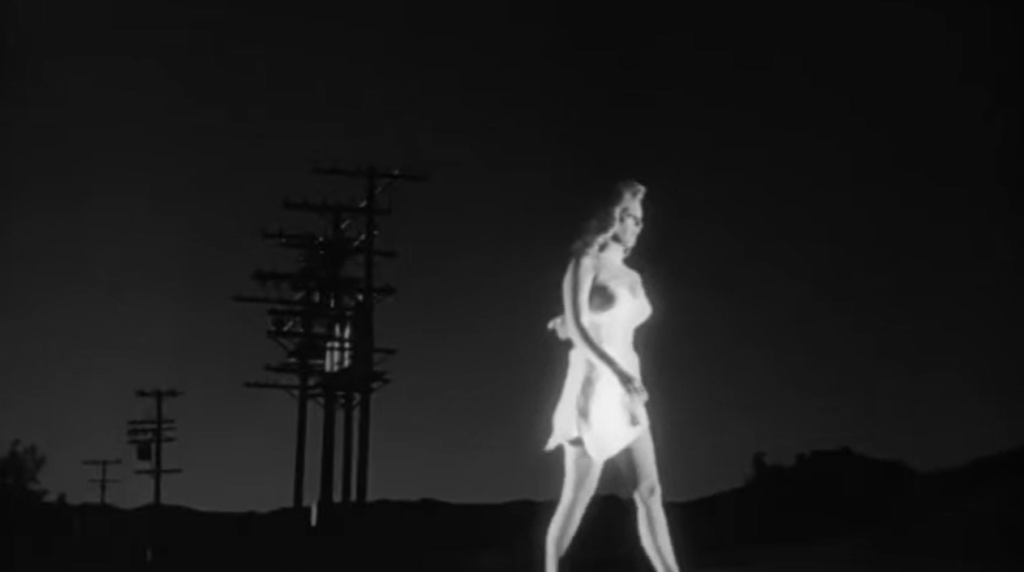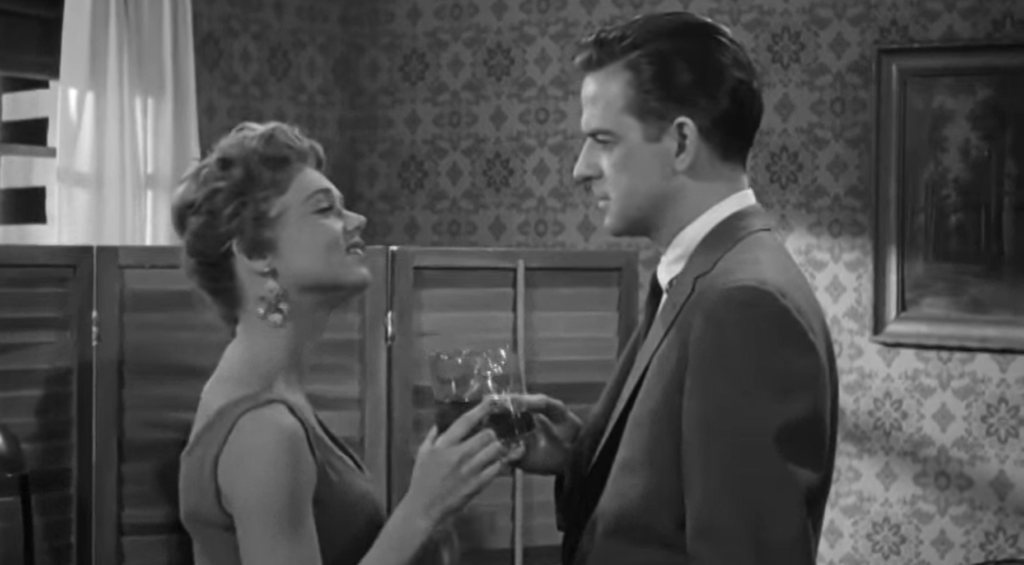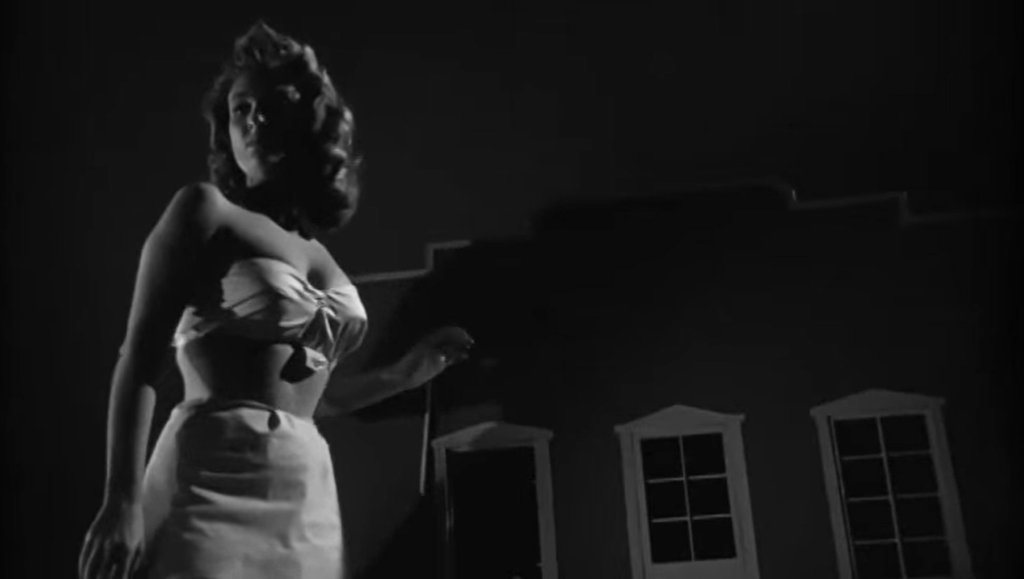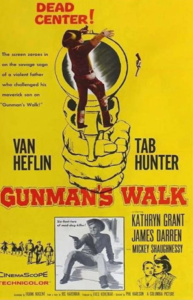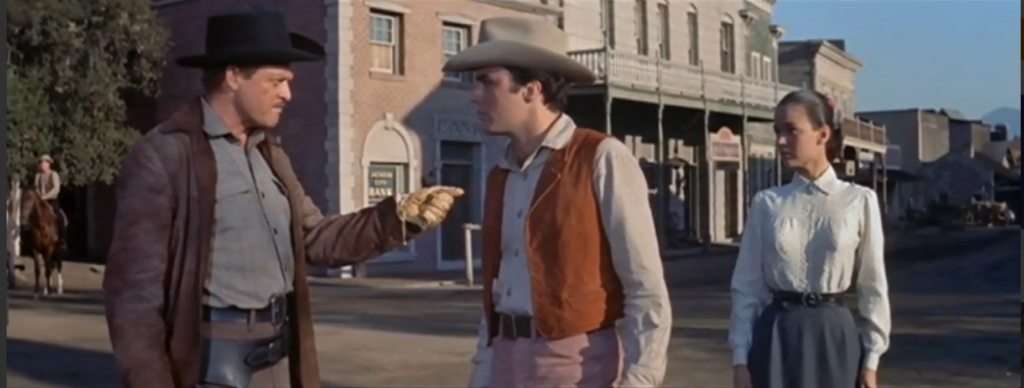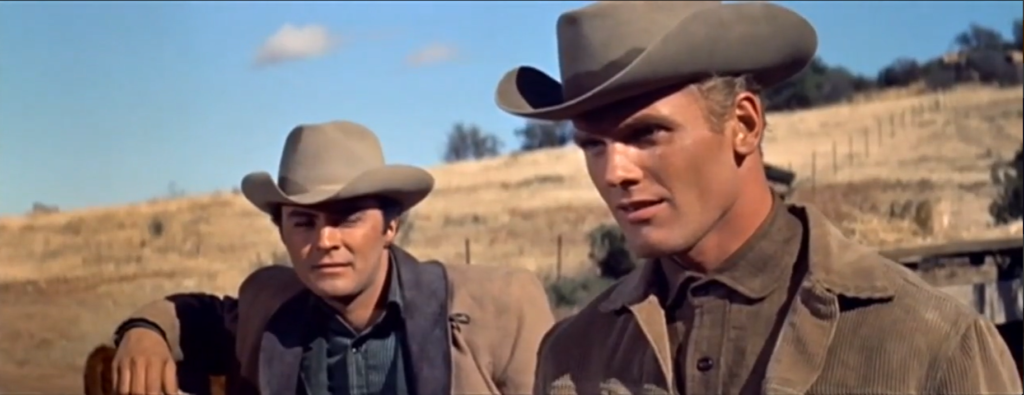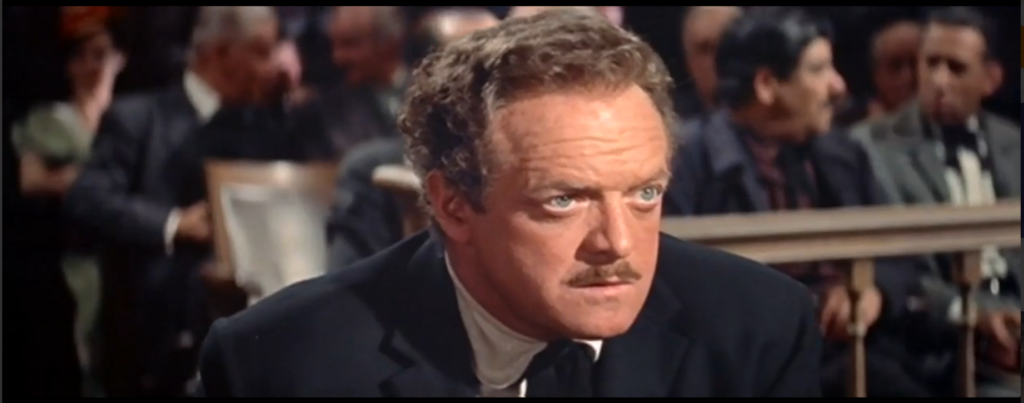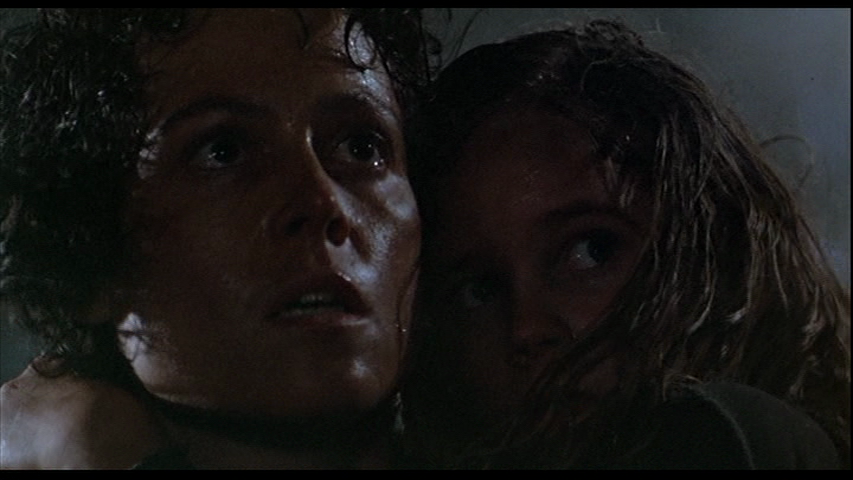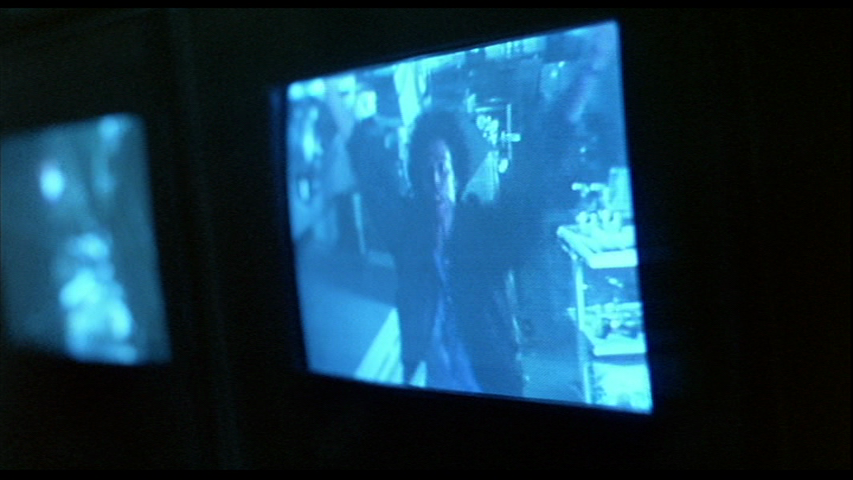|
Genres, Themes, Actors, and Directors:
- Charles Coburn Films
- Death and Dying
- Don Ameche Films
- Ernst Lubitsch Films
- Fantasy
- Flashback Films
- Gene Tierney Films
- Historical Drama
- Laird Cregar Films
- Louis Calhern Films
- Marital Problems
- Play Adaptations
- Womanizers
Response to Peary’s Review:
Critics remain divided about this late-career outing by Ernst Lubitsch, a film which Peary refers to as “an immensely enjoyable comedy of manners”. He notes that, “with the exception of one early scene”, it’s a “rare Lubitsch film in which the characters don’t take turns successfully deceiving one another into believing they’re someone they’re not” — yet, ironically, it’s about a “self-deluded man” trying (unsuccessfully) to convince the Devil (a perfectly cast yet underused Cregar) that he’s “sinned so much in his life playing Casanova that he qualifie[s] for entrance into Hades”.
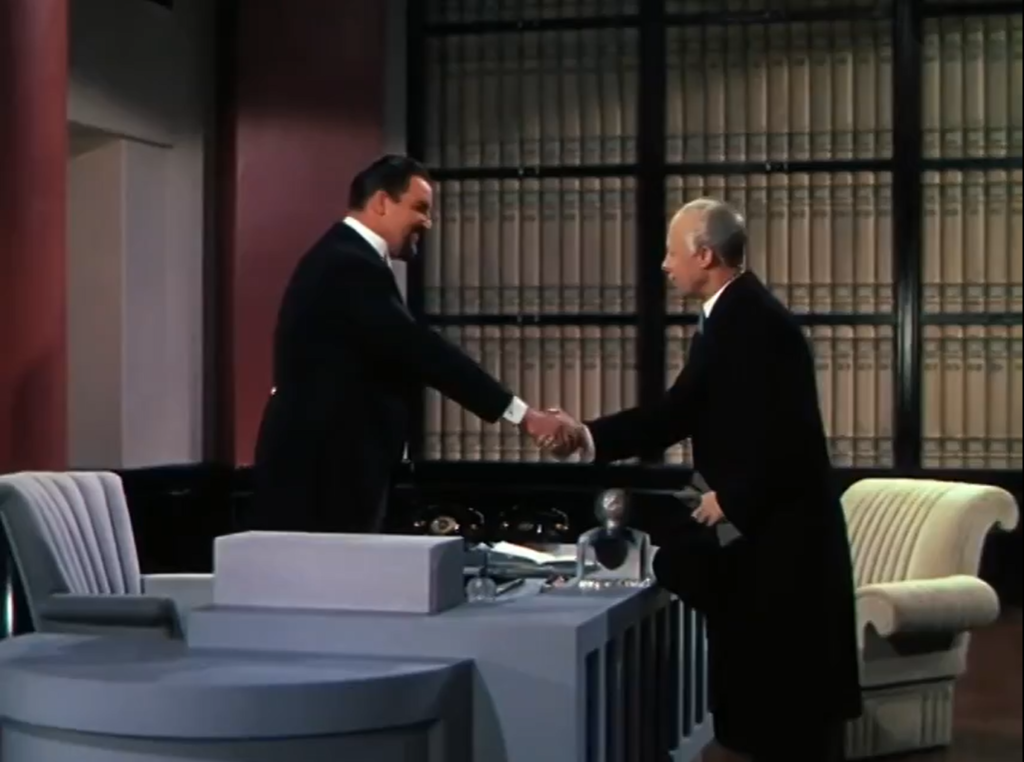
Peary argues that while the “film is a bit too long”, “its rewards are plenty”: in addition to its “superb” acting, he calls out the “consistently splendid dialogue by Samson Raphaelson”, noting that “every time anyone says anything, you’ll think that’s exactly what should have been said”. He cites a number of “wonderfully written, beautifully played two-character scenes”, and notes that, “this being Lubitsch’s first color film, much attention was paid to period detail and art design”.
Interestingly, the film’s flashback structure — beginning and ending in a remarkably tasteful Art Deco Hell — wasn’t part of the original play upon which the film is based (Birthday, by Leslie Bush-Fekete); yet it firmly grounds this episodic story as the reflective tale of a man who feels deeply guilty for not being more faithful to his gorgeous, loyal wife (Tierney, truly stunning in Technicolor turn-of-the-century outfits).
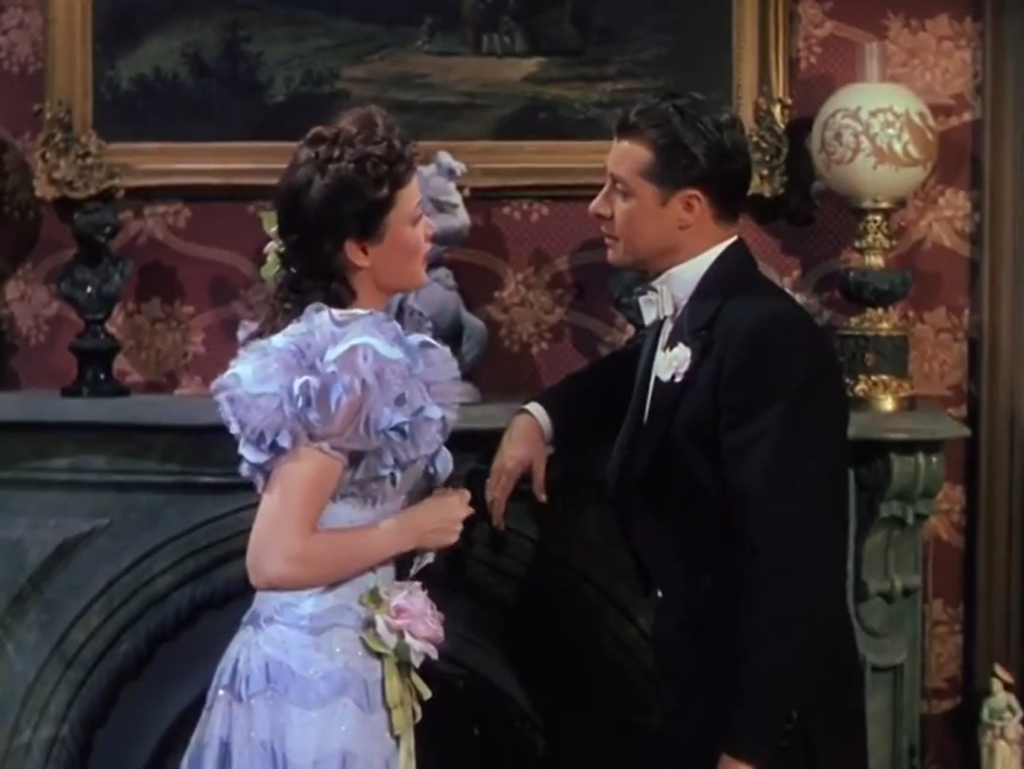
Ironically, it’s this very premise (Ameche’s enduring playboy lifestyle) that’s somewhat lacking in the film’s screenplay — perhaps to strategic effect. One’s first reaction while watching this film is, “Hey! When are we going to see some evidence of Ameche’s supposed Casanova ways?”, given that other than his nicely handled wooing of Tierney — and a later seduction scene with a young chorus girl (in which all is not what it seems):

— we really don’t see adult Ameche playing the field at all. Instead, we’re a witness to his extreme devotion to Tierney over several decades — a devotion which belies his own belief that he’s somehow sullied their marriage enough to merit a permanent spot in Hell. And perhaps — as Peary suggests — that’s the film’s essential point.
Redeeming Qualities and Moments:
- Don Ameche as Henry Van Cleve
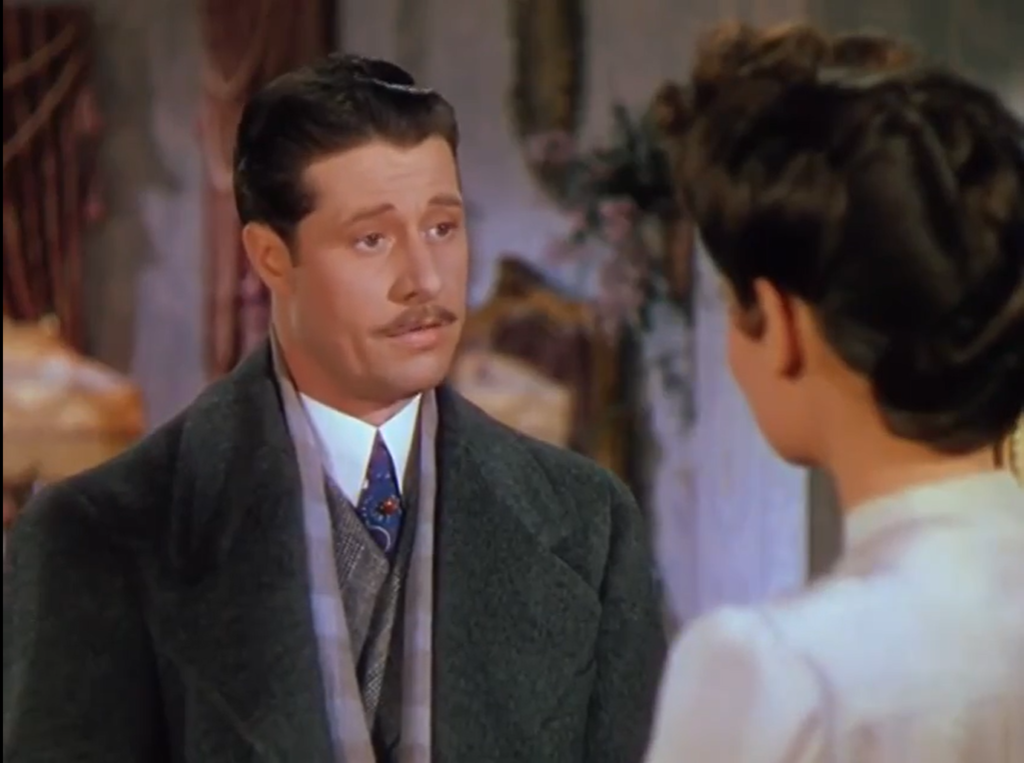
- Fine supporting performances
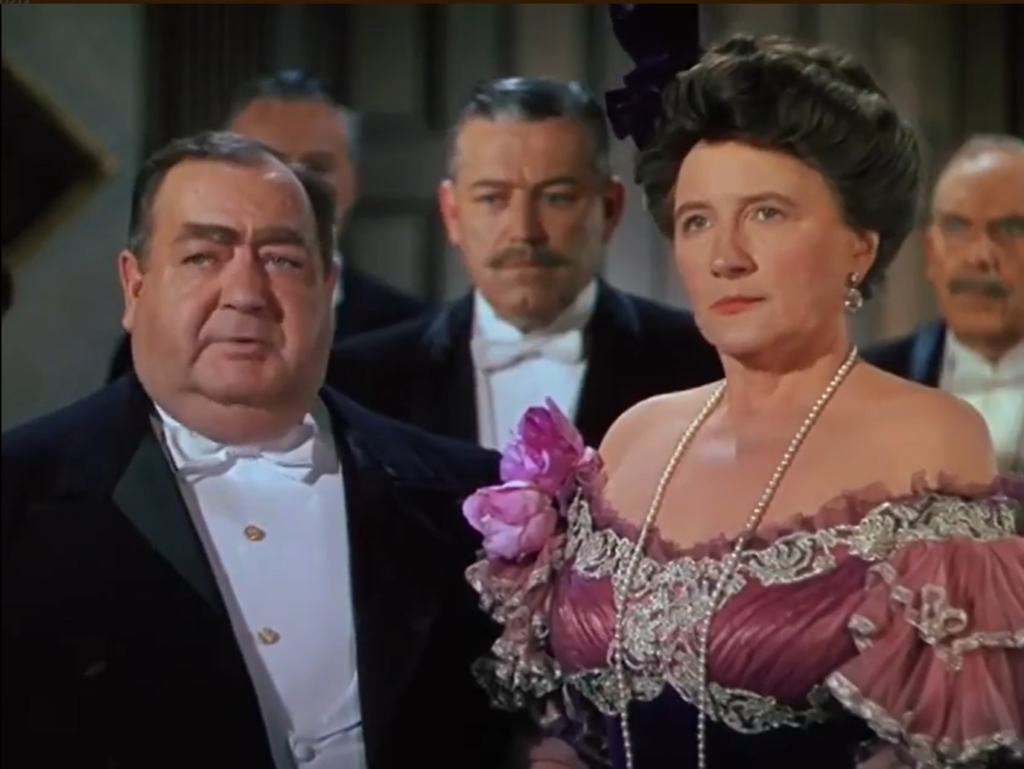
- Vibrant technicolor cinematography
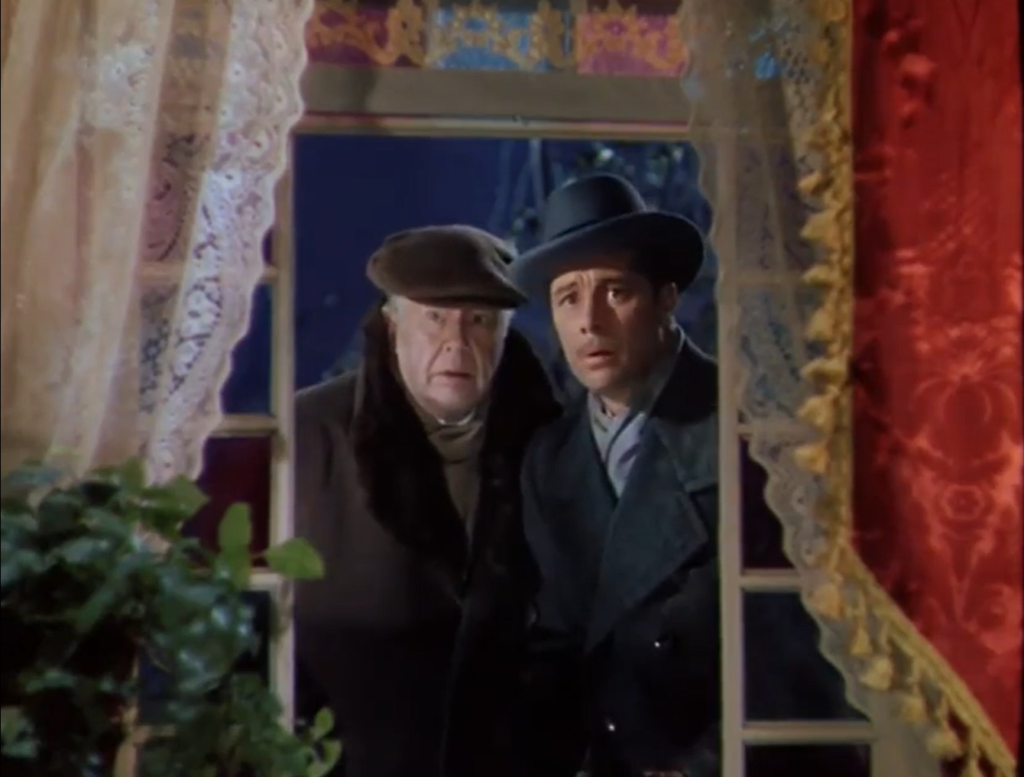
Must See?
Yes, as one of Lubitsch’s (contested) classics. Nominated as one of the best films of the year in Peary’s Alternate Oscars book.
Categories
- Genuine Classic
- Important Director
Links:
|
